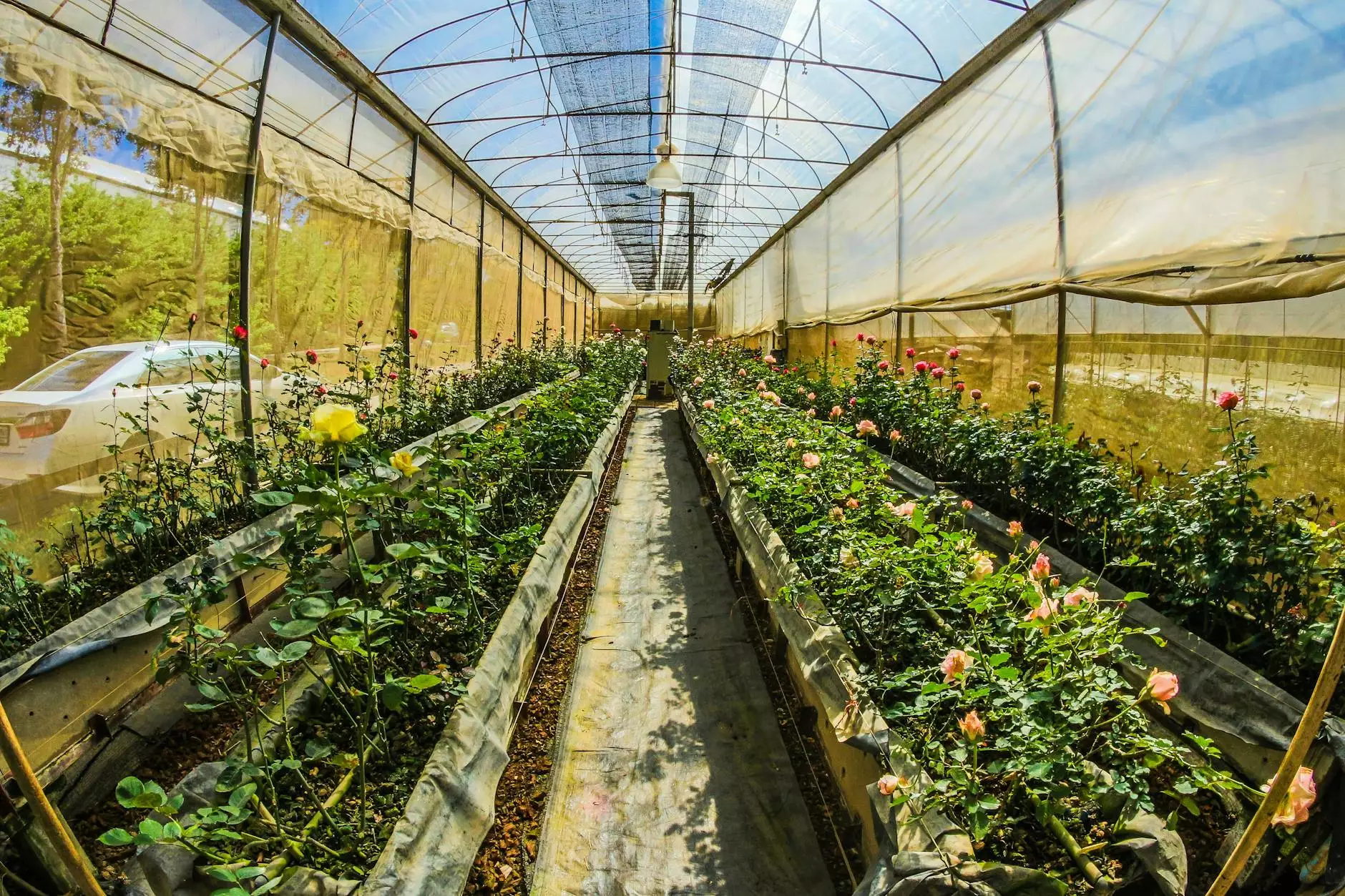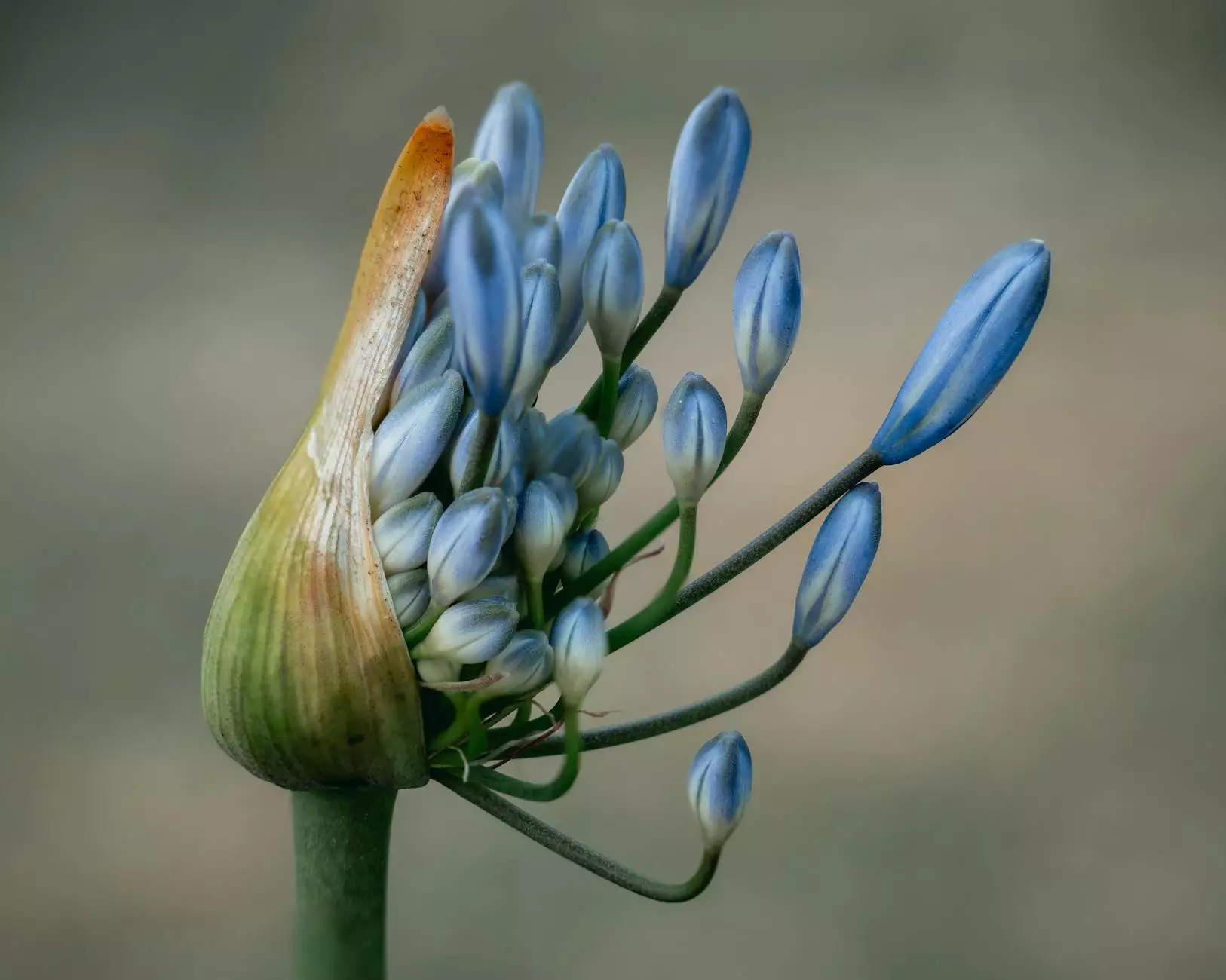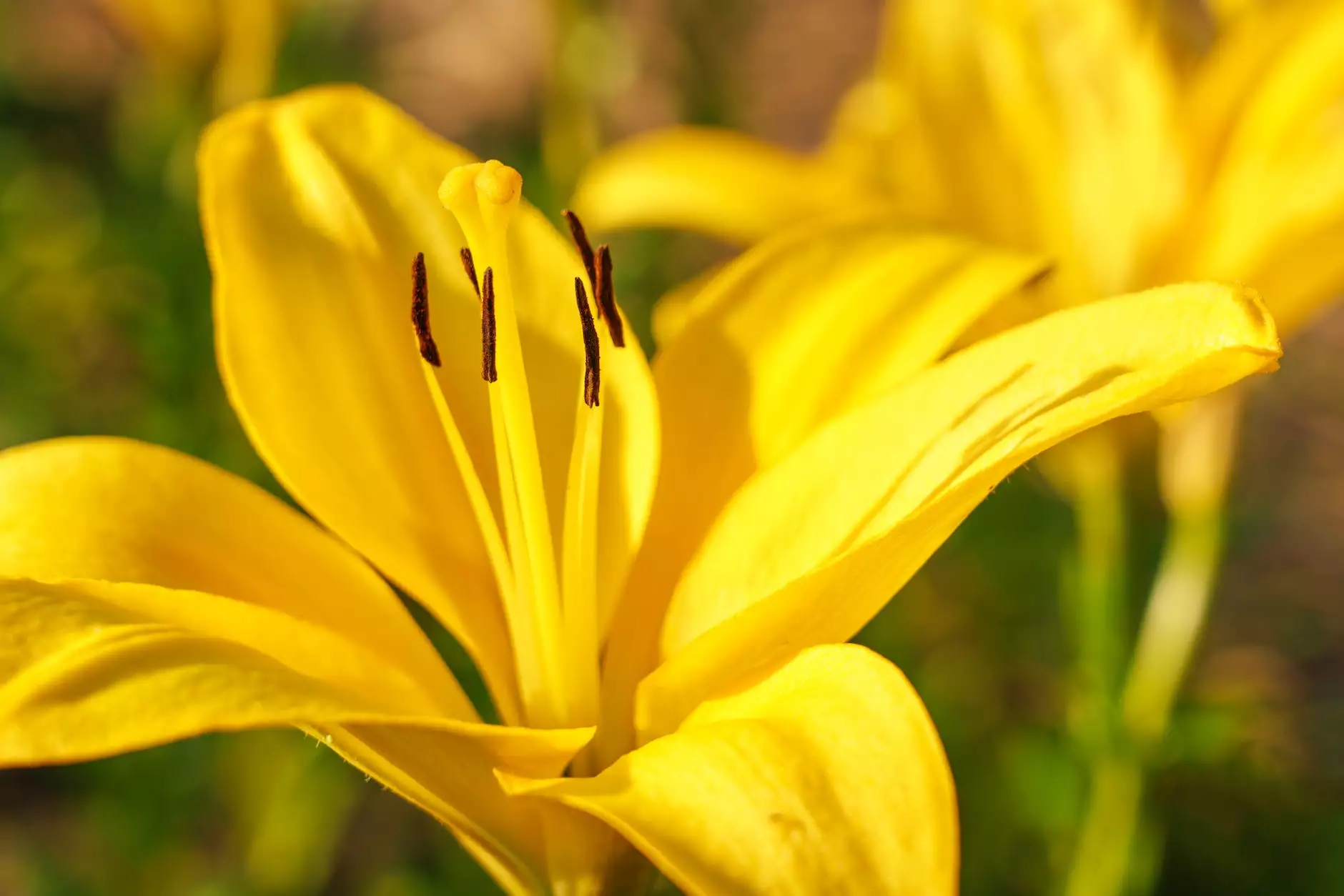Dealing With Iris Borers

Welcome to La Venezia Art & Fashion's comprehensive guide on dealing with iris borers. In this article, we will provide you with valuable insights and effective strategies to prevent and treat iris borer infestations in your garden.
Understanding Iris Borers
Iris borers (Macronoctua onusta) are destructive pests that specifically target iris plants. These moth larvae tunnel into the rhizomes of iris plants, causing significant damage to both foliage and blooms. If left untreated, iris borers can weaken and even kill the affected irises.
Identifying iris borers early is crucial to ensure prompt intervention and minimize damage. Signs of infestation may include holes or cracks in rhizomes, wilted or discolored leaves, and presence of excrement or frass near the base of the plant.
Preventing Iris Borer Infestations
Prevention plays a key role in managing iris borer infestations. By implementing the following techniques, you can greatly reduce the risk of your irises falling victim to these destructive pests:
- Cleanliness: Maintaining a clean and tidy garden environment is essential. Regularly remove and destroy any old or decaying plant material, as adult iris borers tend to lay their eggs on dead leaves and debris.
- Sanitation: Proper sanitation practices, such as removing and disposing of infected rhizomes, can help prevent the spread of iris borers. Inspect both new and transplanted rhizomes for signs of infestation before introducing them to your garden.
- Dividing and Inspection: Divide iris clumps every three to four years to prevent overcrowding, which can attract iris borers. Take this opportunity to carefully inspect the rhizomes for any signs of infestation or damage.
- Plant Depth: Plant your irises properly, ensuring that the rhizomes are positioned just below the soil surface. Avoid burying them too deeply, as this can create a favorable environment for iris borers.
- Beneficial Insects: Encourage the presence of beneficial insects, such as parasitic wasps and tachinid flies, which are natural predators of iris borers. Planting companion plants like dill, yarrow, and tansy can help attract these beneficial insects.
Treating Iris Borer Infestations
If you suspect or confirm an iris borer infestation, immediate action is crucial. Here are some effective treatment methods to combat these destructive pests:
- Physical Removal: Carefully inspect infected plants and manually remove any iris borers found within the rhizomes or foliage. Destroy the extracted larvae to prevent reinfestation.
- Insecticides: Consider using targeted insecticides specifically formulated for iris borers. Follow the instructions carefully and make sure to comply with safety precautions, taking care not to harm beneficial insects and pollinators.
- Biological Controls: Explore biological control options to naturally combat iris borers. The use of nematodes, beneficial microscopic worms, can help control the population of iris borers by infecting and killing the larvae.
- Trap Crops: Planting trap crops, such as Siberian iris, can divert iris borers away from your prized irises. These sacrificial plants attract the pests, allowing you to focus on protecting your main iris collection.
- Cultural Practices: Implementing good cultural practices, such as proper irrigation and optimal growing conditions, can enhance the health and resilience of your irises, making them less susceptible to iris borer infestations.
Conclusion
By arming yourself with knowledge and following effective preventative measures, you can significantly reduce the risk of iris borer infestations and safeguard the wellbeing of your beautiful iris plants. Regular monitoring, early detection, and timely intervention are key to successfully dealing with iris borers in your garden.
La Venezia Art & Fashion is committed to providing you with the highest quality information and advice regarding iris care. We hope this guide has empowered you to take proactive measures in preventing and treating iris borers.
For more information and assistance, please feel free to explore our website or contact our team. Happy gardening!









